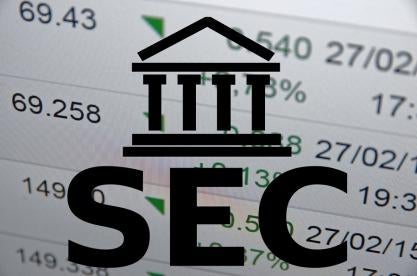For more than a half century, the Freedom of Information Act (aka FOIA) grants any person a legally enforcable right to obtain access to federal agency records (with certain exceptions). The FOIA requires federal agencies to promulgate regulations, "specifying the schedule of fees applicable to the processing of requests" and "establishing procedures and guidelines for determining when such fees should be waived or reduced". 5 U.S.C. § 552(a)(4)(A)(i).
Just before Christmas last, the Securities and Exchange Commission proposed amendments to its FOIA rules to "(1) reflect changes required by the FOIA . . . and (2) clarify, update, and streamline the language of several procedural provisions". Among other things, the SEC is proposing to add and clarify certain fee related definitions. These changes may seem mundane, but the SEC's proposed definitions would add limitations not found in the FOIA itself.
The FOIA requires the SEC to adopt regulations limiting fees to "reasonable standard charges for document duplication when records are not sought for commercial use and the request is made by an educational or noncommercial scientific institution, whose purpose is scholarly or scientific research". The SEC has proposed to define "educational institution" as follows:
"'Educational institution' is any school that operates a program of scholarly research. A requester in this fee category must show that the request is authorized by, and is made under the auspices of, an educational institution and that the records are not sought for a commercial use, but rather are sought to further scholarly research."
While the SEC's proposed definition appears prima facie to be consonant with the statute, it in fact subtly shifts the statutory requirements. The FOIA requires that the institution have a purpose of scholarly or scientific research. In contrast, the SEC's proposal requires that the requester show that the records are to further scholarly research. Given the statutory requirement that records not be sought for commercial use, this may not seem a consequential difference, it makes two potentially important changes to the statutory requirement. First, the statute merely requires the disclaimer of a commercial purpose, the SEC's rule requires a showing of scholarly purpose. Second, the SEC's requirement narrows the noncommercial purposes to only "scholarly research". While this may seem little more than a cavil, the SEC should not be allowed to erode the FOIA by subtly shifting statutory requirements.



 i
i